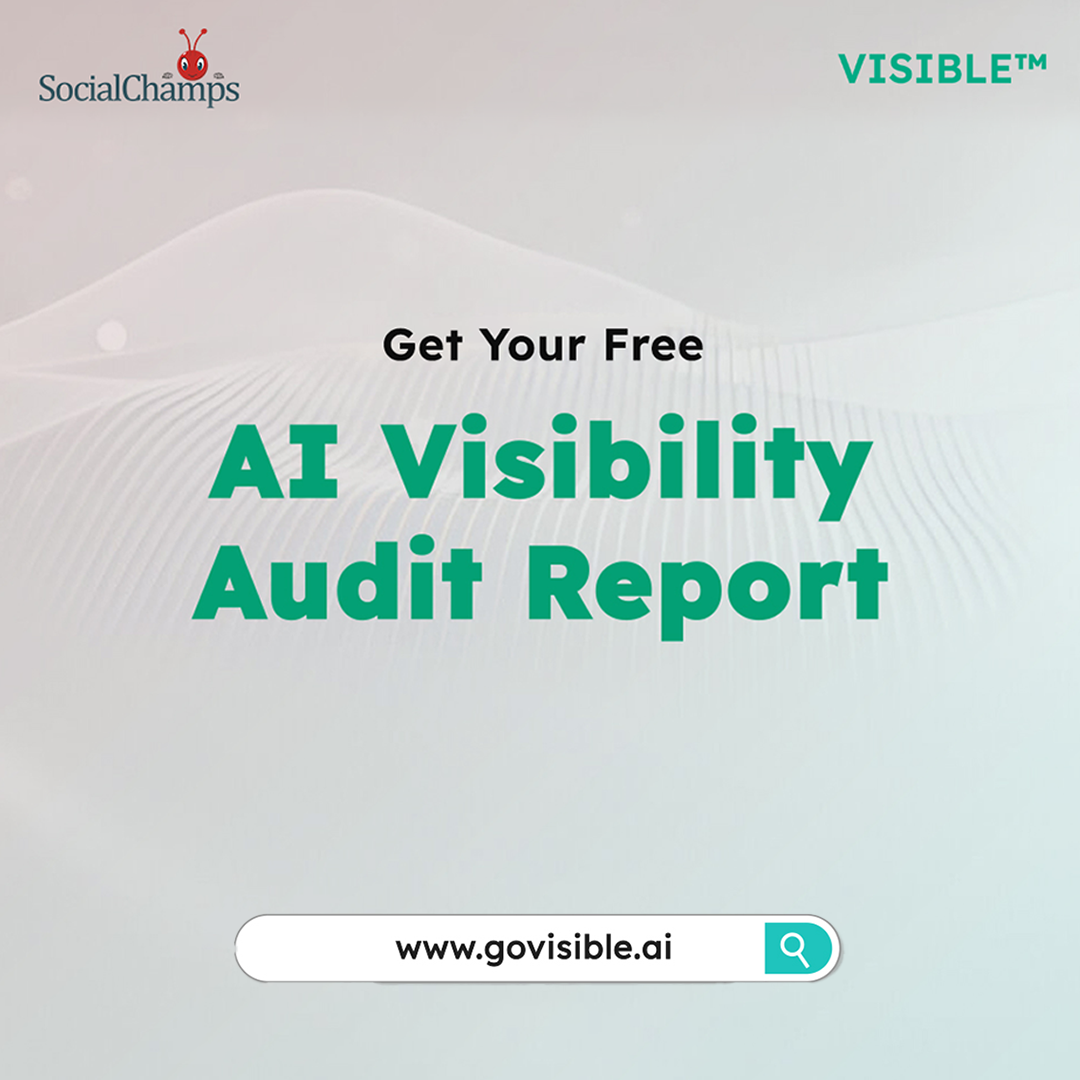
It’s astounding to imagine that the mobile penetration for children in developing countries is up to 76%. Mobile phones are no longer child’s play, with children in their teens making a minimum of 4 calls on average a day. Children in Asia with mobile phones have more usage than adults.
The online education and ed-tech industry saw its moment in the spotlight during the recent Covid-19 outbreak as more school and college-age students used e-learning as a source of learning and coaching. It’s not that e-learning did not exist pre-2020, but instead pointing to figures that show e-learning saw a rush of students downloading education apps on their phones and computers at the height of the pandemic.
For EdTech marketing, this is a time for businesses to scale up and meet the growing need from students, halfway.
The main purpose of children’s mobile phone usage are:
- Using applications like games
- Making calls on the phone
- Watching video content on phones
- Using the internet for research, exploration, etc.
A recent study found that the average teenager downloads an average of 20 apps a year. In this article, we will be demystifying the process of Marketing Automation for EdTech apps with the best practices to follow.
What can automation do for your EdTech brand?
- Automated learning modules that students can participate in without an instructor.
- Automated quizzes and tests that use algorithms to determine students’ caliber & performance on various aspects of learning.
- Automated Reminders when a lesson is left halfway through
- Automation of Learning Reportings to parents eg. time spent, lessons learned, quizzes solved, score, etc.
Basics of Automating an educational program
• Automating your Operations:
1. Students’ Scorecards
Automation lets you identify KPIs for students and automatically rank them on a scoreboard that lists their performance.
2. Reminders for lessons left
Keep your students informed about their lesson plan and automate reminders on how many lessons left, what their current position is, and what’s left in the lesson module.
• Automating your Marketing
1. Lead Funnels for Leads Nurturing
Develop a better relationship with prospects with the use of lead funnels that nurture leads at different stages of their consumer journey – from when they hear about your brand to when they become a paying student.
2. Dynamic Remarketing/Retargeting basis your product interactions
Retarget leads after they visit your site by using ads on various social media and advertising platforms. These ads are cookie based and follow customers around the web after they have shown interest in your brand.
• Automating your sales
1. Payment Reminders
Automatically remind students about fees and payments. Automation can send personalized messages depending on the status of payments.
2. Nudge for those who have discontinued their subscription
Remind consumers and students about the advantages that your Ed-tech brand offers after they have discontinued their subscription. Retarget customers who are familiar with you and renew interest in your brand.
3. Nudge for payments failed
Automatically send out reminders to students whose payments are failed or have not been made.
• Automating your Relationships Building
1. Kids Updates to Parents
Create automated messages that will be sent to parents. These messages are sent automatically when it is triggered by a certain event, also known as a use-case.
2. Keeping them abreast of new product updates
Inform students about the latest happenings in their education plan. Let them know when there is an update in their learning schedule, education module, etc.
• Automate your Analytics
1. Dynamic Live Management Dashboards
The best part about automation is that you can be completely aware of what works and what doesn’t. A dashboard that tracks your marketing efforts can visually display marketing analytics, KPIs, and metrics.
Steps to automate your ed-tech marketing
Follow these steps to automate your ed-tech marketing.
• Determine the KPIs
To understand the reporting automation of your ed-tech product you need to attribute the KPIs that you’ll be relying on to determine the performance of marketing.
• Precede with data collection
Big data is the language that most marketers use these days. Starting any campaign online, be it with ed-tech or other, begins with the express intention of capturing data from numerous channels. Choose your channels with multi-touch points such as social media, google search, app ranking, or email marketing.
• Nurture leads by email automation
Nurturing leads is a marketing art form in its own right. Automate your email marketing campaigns into a multi-phase pipeline. Funnels your leads through the pipeline by upping the interest at each level and eliminating leads or re-channeling those that don’t respond well to the campaign. At the last phase of the campaign, you will have leads with deep intent in your ed-tech product.
• Automate & Analyze all your reports
Automation reports offer insight into the performance of your ed-tech app. It shows you which fronts of your modules are successful and which are not. Analyze reports that deliver figures on how many students responded, how many students showed no interest, which part of your budget gave you more value by acquisition, how your leads are responding to the campaign, bounce rates, and more.
• Automate tracking for in-app marketing
Brand Loyalty has taken up new meaning in the online world. Apps are quick to be downloaded by students and just as quickly deleted as well. That’s why it is all so important to track students from the time they download the app to the end of their life cycle on the app. Automating the end-to-end KPIs of students helps you understand the lifetime value of each individual, retention figures, uninstall analysis, and source attributes.
• Create content that is easy to consume
The core success of an ed-tech product is how effectively its content can be consumed. An ed-tech company should create a product that is engaging and interesting to students. Automation can be used to retain students and increase the stickiness of the product.
Enjoyed this read? We have more. Scroll through our website for more information on intent marketing, Social media promotion, how to engage with customers, scale up your business, and more.
If your EdTech services/products are driven by Mobile apps, you can contact us for Mobile Apps Marketing and Mobile App Engagement Campaigns.




0 Comments